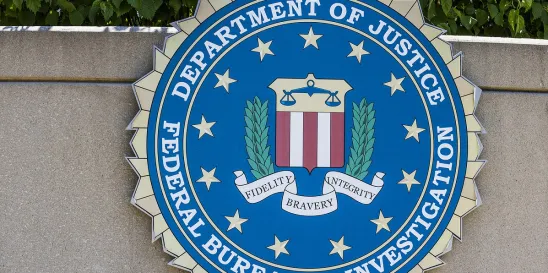On November 13, 2023, the DOJ Antitrust Division moved to dismiss its last remaining no-poach indictment. In 2021, a Texas grand jury indicted Surgical Care Affiliates (“SCA”) and a related company for conspiring with competitors not to solicit each other’s senior-level employees. While a motion to dismiss was pending in that case, a district court in Connecticut entered a judgment of acquittal (“JOA”) on labor market allocation charges brought against several engineering firms, ruling in United States v. Patel that, among other things, ample evidence of employees moving between the defendant companies meant that any conspiracy to restrict such movement could have had no “meaningful” effect on competition and was not illegal per se.
The Patel court’s JOA threatens the DOJ’s broader enforcement agenda to curb no-poach agreements through criminal prosecutions, and it likely contributed to the DOJ’s decision to drop the SCA case. The SCA indictment alleged that SCA and its competitors reached a labor market allocation agreement that was illegal “per se,” i.e., belonging to a category of agreements that are presumed to affect competition in nearly all cases, such that establishing a violation required proving only the agreement itself. Having notched an early win in Texas when a district court held that labor market allocations can be illegal per se, however, the DOJ has since been unable to convince a single factfinder that such an agreement had actually been reached. With the Patel ruling, the DOJ faces the alarming prospect of additional courts following suit in its more factually weak cases, heightening the standard of proof required to prove per se illegal labor market conspiracies and requiring evidence of an actual market effect, with all the complications that would bring.
In fact, this was an imminent possibility in the SCA case. The conspiracy charged in the indictment was not a “no-hire” agreement, but an agreement not to actively solicit competitors’ employees; hires were permitted as long as the applicant first notified their current employer of their intent to leave. This was arguably a much less restrictive measure than a flat no-hire or wage-fixing agreement. Indeed, immediately after the Patel dismissal, the DOJ found itself fending off SCA’s effort to apply that court’s reasoning to its pending dismissal bid. The DOJ has not stated why it dropped its prosecution of SCA, but the passive restriction it sought to criminalize there may not have been the high ground from which the DOJ wishes to continue its fight.
The DOJ will likely continue its prosecutions of labor market conspiracies, and a wage-fixing case is set for a March 2024 trial in Nevada. Because the Patel ruling potentially opens the door to imposing a higher standard for per se illegality, going forward the DOJ may confine its criminal prosecutions to cases in which there is little room for doubt that, if an agreement is proven, its effect on competition is meaningful.



 />i
/>i

